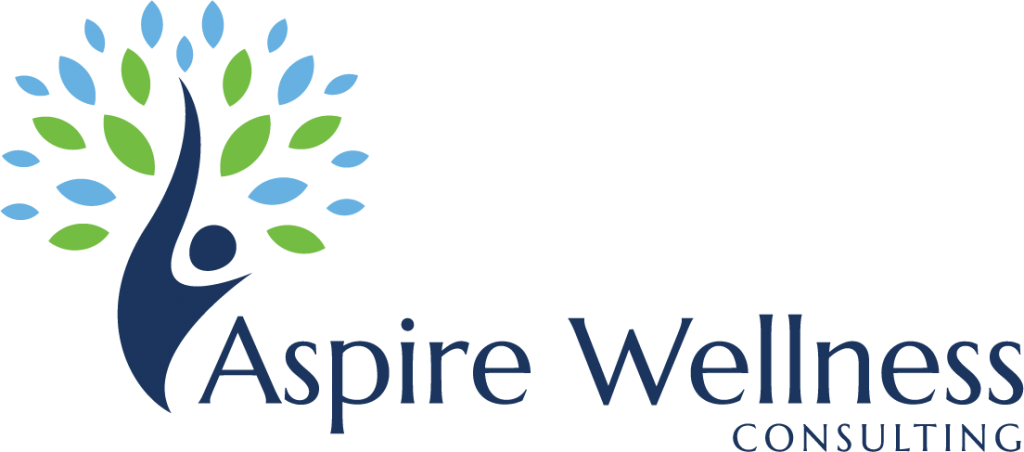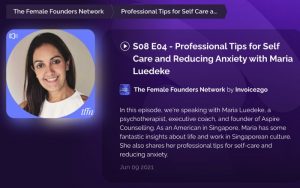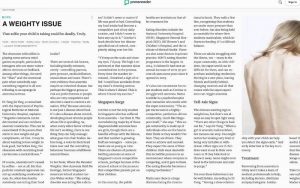By Amanda Lim & Maria Luedeke of the Butterfly Project
Getting a good night’s sleep is the key to holistic wellness. For the best night’s sleep and to wake up feeling refreshed and ready to tackle the day ahead, try these tips.
Remove electronics from your bedroom.
Yes, you may have to buy an old-fashioned alarm clock instead of using your phone! Charge your phone outside of your bedroom or at least out of arm’s reach so there’s no temptation to check it at night if you happen to wake up.
Go screen-free 1-2 hours before bed.
That means no TV, no late night working on your laptop in bed, and no mindlessly scrolling Instagram, Pinterest or TikTok. Your bedroom is a place for Sleep, Sex and Relaxation only!
Create a restful environment.
Use all your senses—touch, smell, sight, and sound—to create a space that smells, feels and looks calming and restful. Essential oils, soft sheets, calming colors, and dim lights can all assist your brain in recognizing it’s time to unwind and relax.
Avoid intense exercise right before trying to sleep.
Intense activities can stimulate your brain and body instead of relaxing it. That said, regular exercise earlier in the day can help promote healthy sleep habits, so make sure to get 30 minutes of active exercise every day.
Create a consistent wake/sleep schedule & bedtime routine.
Light stretching/yoga, controlled breathing, journaling or progressive relaxation exercises are all helpful bedtime routines and going to sleep and waking up at the same time can reduce reliance on your alarm and help restore biologically beneficial circadian rhythms.
Avoid alcohol as a sleep aid!
Alcohol inhibits the brain’s ability to enter REM sleep, which is the critical stage of sleep for repair, brain integration, and storage and organization of information. When we don’t get good REM sleep, we are irritable, have poor memory recall, poor reasoning and decreased metabolic rates.
Just like establishing a consistent workout routine, eating a more nutritious diet, or working on mindfulness and stress coping mechanisms, getting your sleep on track will support your greater wellness goals in a profound and lasting way. If you’re looking for a late-game resolution for 2021, make sleep hygiene your first priority toward better health.
Want to learn more about how your body repairs itself during sleep and why sleep is critical for good health? Read Sleep: The Key to Wellness.





